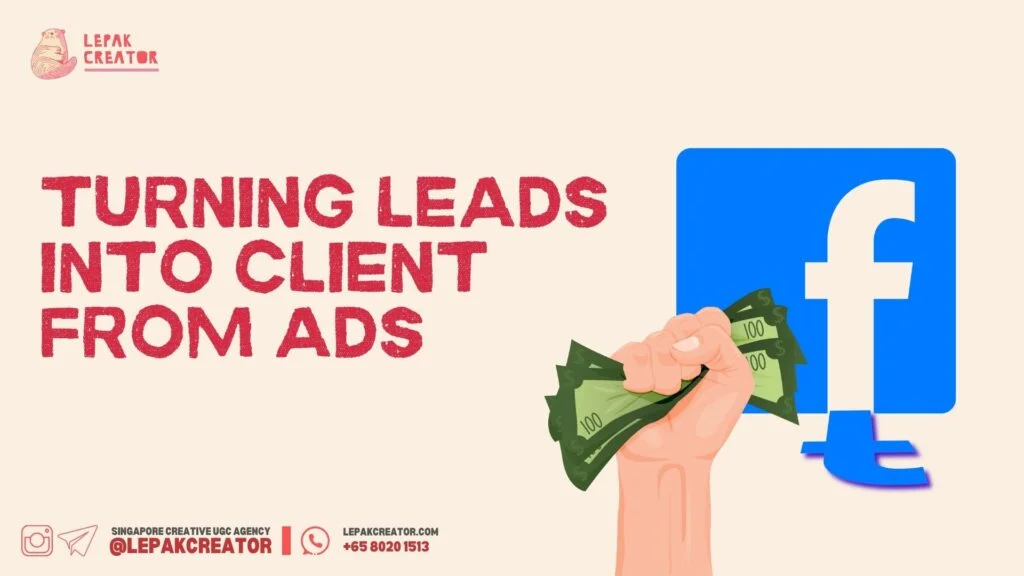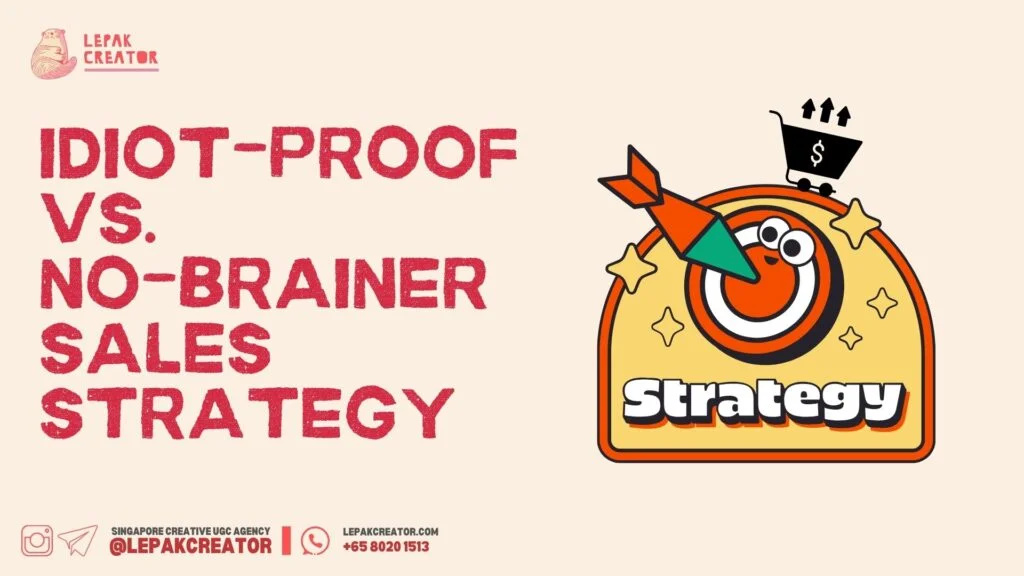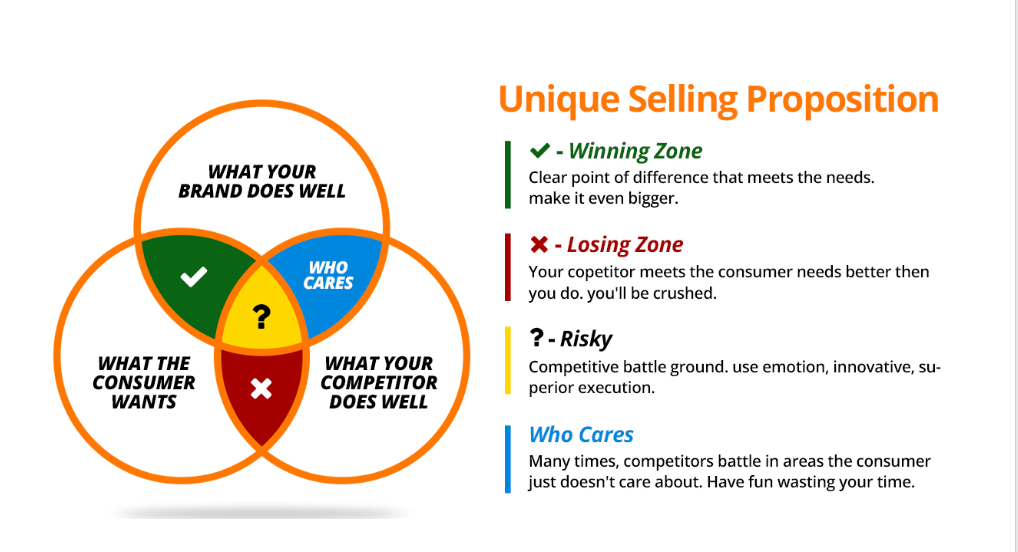Why We Don’t Believe in the “Easiest Way” to Reach People (And What Actually Works Instead)

You’ve probably heard it countless times: “Just send a DM.”“Cold email them.”“Walk into the store and introduce yourself.” Sure, these methods might feel proactive. You’re putting yourself out there, right? But let’s be honest — everyone is doing it. Your potential customer doesn’t even need to look for someone anymore. They’re already being approached, pitched […]
20 Industries That Can Benefit from Facebook Scraping (And Who to Target)

In the ever-evolving world of social media marketing, Facebook scraping tools have become a valuable weapon for businesses to generate leads, monitor competitors, and stay relevant in community discussions. Whether you’re a tuition centre owner or a home baker, if your audience is on Facebook, you need to know how to listen, watch, and respond […]
Why your Social Media Giveaway Contest Didn’t Work — And How to Fix It

Running a giveaway can seem like an easy win: boost visibility, gain followers, and reward potential customers. But sometimes, a giveaway falls flat — minimal engagement, no new followers, and zero meaningful leads. When that happens, it’s not just disappointing — it’s a sign that something needs to change. Here’s a breakdown of why a […]
Turning Clicks into Clients Effectively: A Guide to Closing Sales After Running Ads

Running Ads is just the beginning. Turning that Ad lead into a loyal paying customer? That’s where true marketing strategy makes all the difference. Many businesses invest in Ads but see minimal returns—not because the Ads were ineffective, but because there was no clear plan to close the sale. If you’ve lost faith in running […]
What to Do When Facebook Ad Leads Go Silent After First Message

It happens often: the Ad does its job, a lead comes in, you warmly introduce your brand or offer—and then, crickets. Here’s what to do to bring them back (without sounding desperate): “Hey [Name], not sure if this is still on your mind, but here’s a quick tip to help you with [problem they mentioned].” […]
Idiot-Proof Deal vs. No-Brainer Deal: How They Help Your Sales and Closing Strategy

When it comes to sales and closing strategies, every marketer or sales professional is looking for ways to simplify the process, make the decision easier for potential clients, and increase conversion rates. That’s where terms like “idiot-proof deal” and “no-brainer deal” come into play. While these two terms are often used interchangeably, there are subtle […]
Understanding Persona: Creating a Clear Picture of Your Customer

In the world of marketing and business strategy, understanding your target audience is crucial. One effective tool for achieving this understanding is the creation of personas. Personas are fictional characters that represent your ideal customers, crafted through research and data analysis to embody the traits and characteristics of your actual audience. They help businesses humanize […]
Creating Optimize Dynamic Ads that Capture Attention on Facebook

In the world of Digital Marketing, capturing attention is paramount. With the ever-evolving landscape of social media, it’s crucial to stay ahead of the curve. One way to do this is through dynamic ads, a powerful tool that allows for personalized and engaging content. In this article, we’ll explore best practices for creating dynamic ads […]
Uncovering your X-factor: Finding your Business’s Unique Selling Point

Finding Your Business’s Unique Selling Point: This article is specially catered to our Digital Marketing course students. So here’s an example of a simple homework spreadsheet for identifying Unique Selling Point in your business: Task Description Step 1: Define your target audience Identify your ideal customer and create a detailed description of their demographic, psychographic, […]
What should be done if you receive a Negative online review from your customer?

It is crucial to respond to customer online reviews for several reasons. First of all, it shows that you value your customers’ feedback and care about their experiences with your product or service. You demonstrate your commitment to improving the customer experience by responding to reviews. As a result, your brand can be more trusted […]
